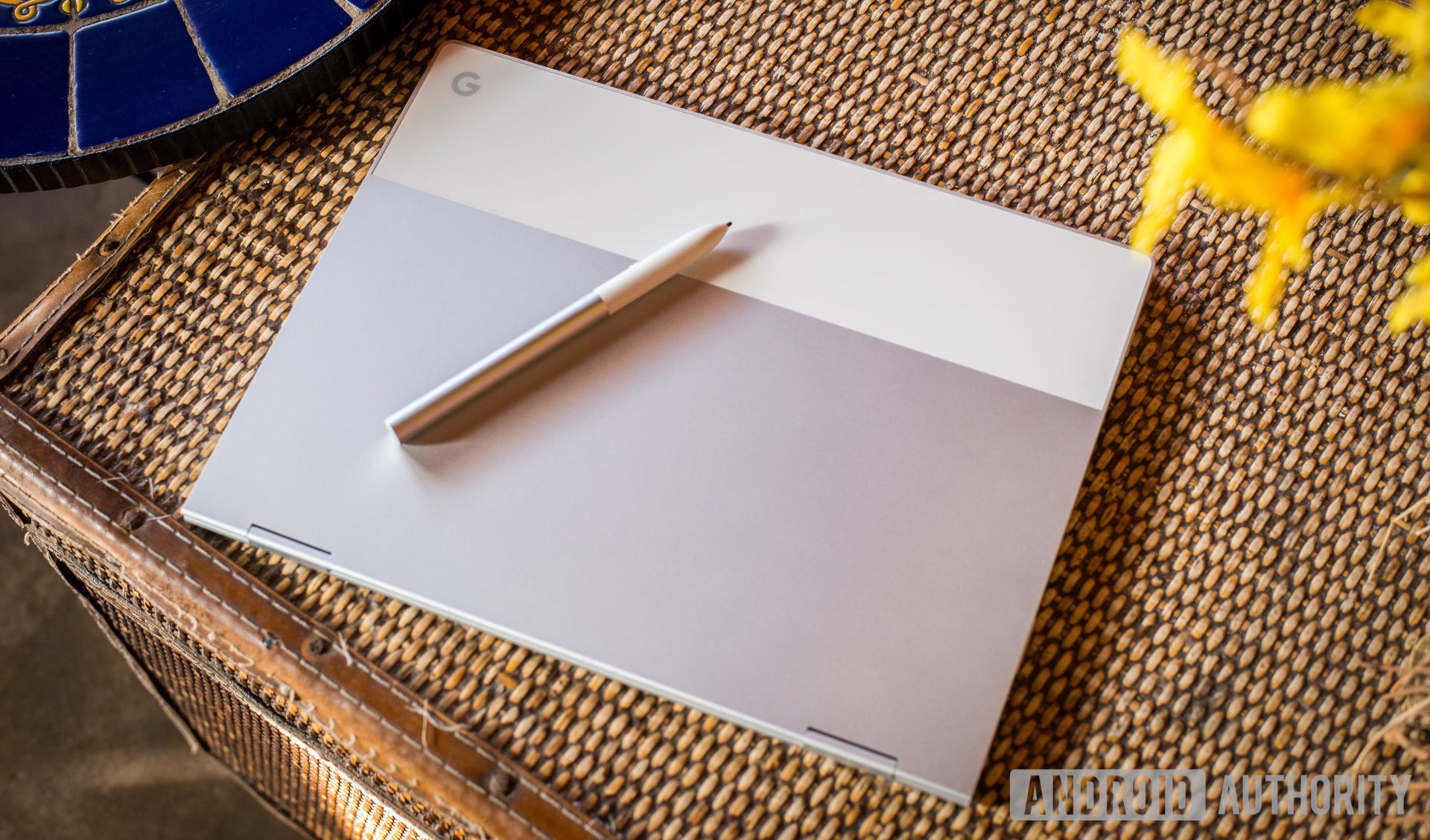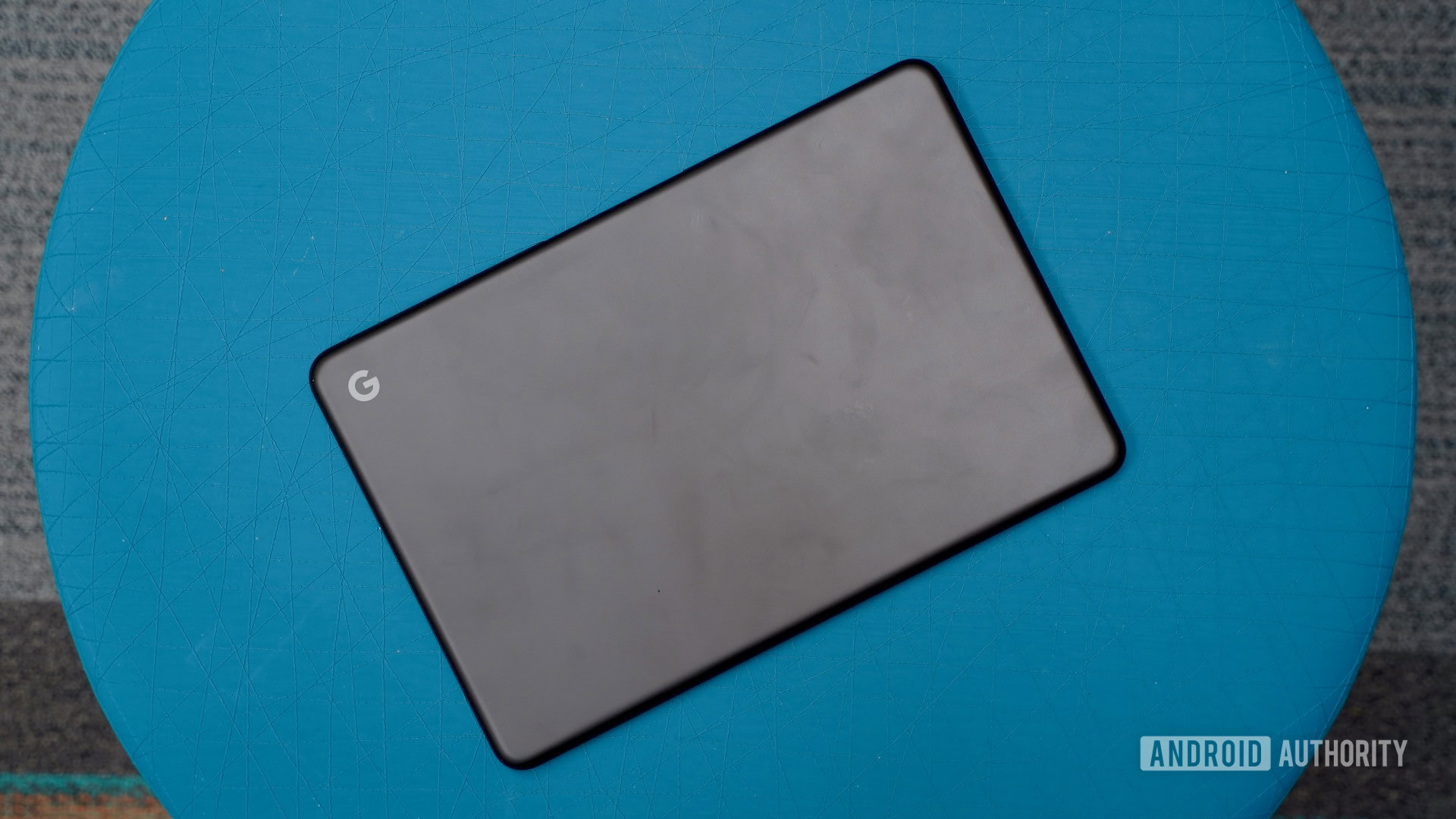Affiliate links on Android Authority may earn us a commission. Learn more.
Qualcomm's 7c and 8c chips would make a lot more sense on Chromebooks

Today, Qualcomm unveiled two new always-connected PC chips, the Snapdragon 7c and 8c. Both are more affordable versions of the more powerful 8cx, aimed at making ACPC’s more affordable for the mainstream.
ACPC’s have had a hard time catching on since their inception, even if the value proposition is sound. Mobile SoC’s have been optimized for years to be as powerful as possible while sipping a super small amount of power, so giving more traditional laptops the same capabilities is an exciting concept. The biggest problem with these units has been twofold – cost and app support.
With the 7C and 8C, Qualcomm is attempting to solve the former. Mid-ranged chips that can do the basic PC things in any location can appeal to most markets. I mean, who wouldn’t want a computer with multi-day battery life that works almost anywhere?
And when Microsoft’s premium Surface Pro X was announced in October, it was an effort to push ACPC’s into the public eye. If Microsoft, the company that makes Windows is invested in ACPC’s, they must be the future, right?
Chrome OS fills the same use case.. and more
Today, I covered Qualcomm’s keynote with a Chromebook, and I realized that Chrome OS can also do the basic PC things. I can write articles, peruse the internet, and most importantly, I can run Android apps.
The biggest problem with Windows on Arm is the fact that developers have to compile their apps for the platform or best performance. Even though this is increasingly easy to do, developers won’t have a huge incentive to do so until ACPC’s hit critical mass. Even Adobe, who drives a lot of interest in Microsoft’s creative-forward Surface line has yet to get its creative suite running natively on Arm.
On Android, there’s an app for that. Nearly every website, service, and platform has a mobile-focused version, simply because smartphones have taken over the world. We’ve reached a point where PC’s are making native desktop versions of mobile apps, rather than the other way around.
Give me LTE. And 5G, while you're at it.
With an ACPC Chromebook, you’d have access to all the basic versions of the apps and services that most people use every day. Sure, you’re not going to able to use the full version of Adobe Premiere or Photoshop, but did anyone expect a 7W chip to do that anyway? The app would need to be completely re-designed for Arm to run its most efficient. But they already have been redesigned for Arm. On Android.

Since the beginning, Chrome OS has been designed around power efficiency and the web. Most of the work you do on a Chromebook is offloaded to some server somewhere, so they don’t take much power to run well. This makes them the perfect use case for a cheaper ACPC. They take little power to run and the app ecosystem is already compiled natively for Android. It’s a match made in heaven.
Don’t miss: The best Chromebook deals you can get right now
Full-powered ACPC’s are still exciting, especially if full native app support becomes more common. But currently, most of the apps Microsoft has compiled for Arm don’t need to always be connected to the internet. Chrome OS, on the other hand, runs on the web.